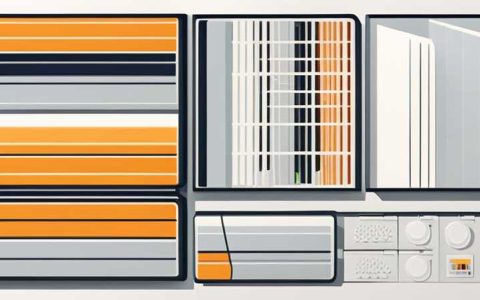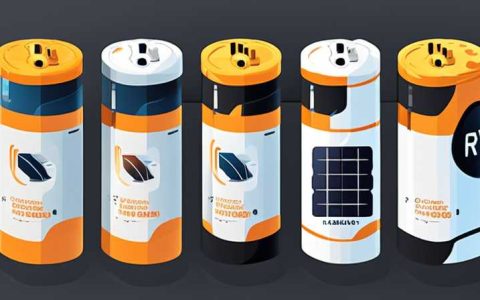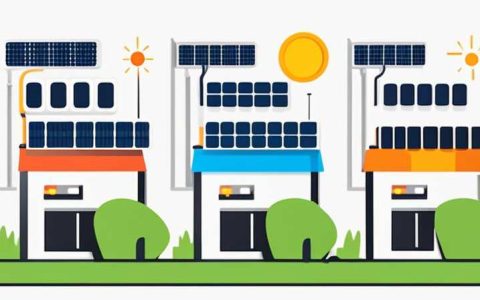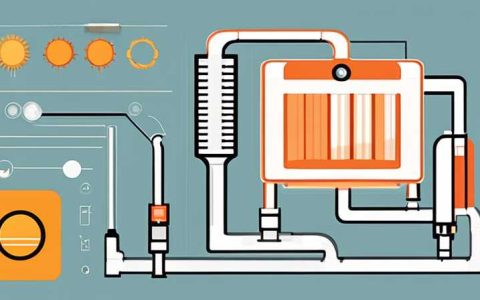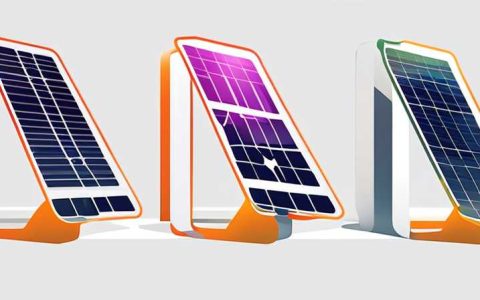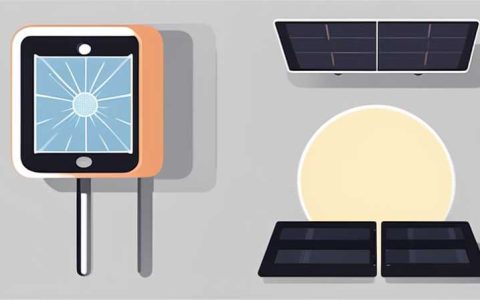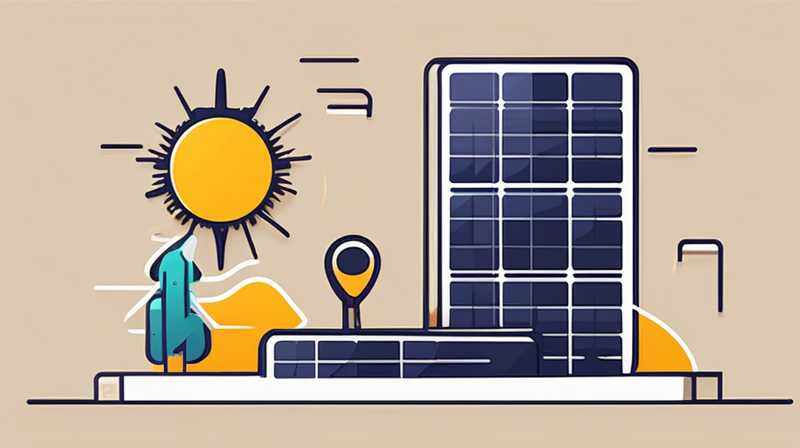
1. A solar installer needs specific tools, training, certifications, and resources to effectively perform their responsibilities, including installation kits, safety gear, and understanding solar technology. 2. Comprehensive training in electrical work and renewable energy is crucial for success in the field. 3. Certification from recognized organizations adds to credibility and expertise. 4. Knowledge of local permitting processes and regulations significantly influences the installation process. The combination of these elements allows solar installers to provide quality service and enhance the solar industry’s growth.
1. TOOLS REQUIRED FOR SOLAR INSTALLATION
Having the right tools is fundamental for any professional involved in installing solar panels. Essential instruments include drilling machines, wrenches, screwdrivers, measuring tools, and safety equipment. Each of these tools serves a specific purpose that contributes to the installation process.
Drilling machines are necessary for creating mounting holes in various surfaces, ensuring that panels are securely affixed. Various types of drills may be utilized, including corded and cordless models, depending on the site conditions. Furthermore, wrenches and screwdrivers are essential for tightening bolts and securing connections effectively. These tools must be well maintained to ensure reliability and safety during installation.
In addition to these basic tools, measuring tools like levels, measuring tapes, and solar pathfinders are critical. Precise measurements ensure that installations align properly, maximizing efficiency. Safety gear, such as hard hats, gloves, goggles, and harnesses, cannot be overlooked. Safety equipment is paramount, especially when working at heights or with electrical components. Thus, the availability of proper tools can impact the efficiency and safety of the installation process.
2. TRAINING AND SKILLS DEVELOPMENT
A solar installer must undergo comprehensive training to be proficient in their role. Initial training programs typically cover topics such as photovoltaic system design, electrical theory, safety protocols, and customer service. Being knowledgeable about these areas offers installers a solid foundation upon which to build their careers.
Photovoltaic system design involves understanding how to analyze energy needs, select the appropriate equipment, and design systems tailored to individual clients. This requires not only technical knowledge but also the ability to communicate effectively with clients regarding their goals and expectations. Safety training is another crucial aspect that cannot be ignored; installers must be familiar with both electrical safety and fall protection techniques.
As technology evolves, continuing education is vital. Installers should stay updated on the latest advancements in solar technology and installation techniques. This can be achieved through training workshops, online courses, and certifications. Continuous skill development leads to greater job proficiency, enabling installers to deliver better services and potentially increase their earnings.
3. CERTIFICATIONS AND CREDENTIALS
To enhance credibility in the solar industry, obtaining certification from reputable organizations is highly beneficial. Renowned certifications include the North American Board of Certified Energy Practitioners (NABCEP) and various state-level qualifications. These certifications not only validate an installer’s skill set but also increase customer trust in their services.
The NABCEP Solar PV Installer Certification is often viewed as the gold standard within the industry. Individuals seeking this certification must demonstrate a comprehensive understanding of photovoltaic systems through both a rigorous examination process and significant hands-on experience. Achieving this certification signals commitment to quality and professionalism, making certified installers more attractive to potential clients.
Moreover, local regulations may require specific licenses or certifications. Familiarity with these requirements is crucial for compliance and operational success. Being certified opens up opportunities for installers to work on larger, more complex projects, thus broadening their capabilities and increasing potential revenue.
4. KNOWLEDGE OF LOCAL REGULATIONS AND PERMITTING
An understanding of local regulations and permitting processes is essential for solar installers. Each municipality often has its own specific requirements for solar installations, including permits, inspections, and zoning laws. Navigating these intricacies can be daunting for newcomers, making insight into local guidelines invaluable.
Being knowledgeable about these regulations allows installers to streamline the installation process. It ensures that projects are compliant with all legal requirements, thus avoiding potential fines or project delays. Installers can also aid clients in gathering the necessary documentation, making the overall experience smoother for everyone involved.
Additionally, awareness of any incentives or rebates offered at the local, state, or federal level can greatly benefit both the installer and the client. Installers equipped with this knowledge can assist customers in maximizing their savings, which could lead to increased customer satisfaction and referrals.
5. THE IMPORTANCE OF CLIENT ENGAGEMENT
Effective communication with clients is pivotal in the solar installation business. Engaging clients throughout the installation process not only builds trust but also ensures that their expectations are aligned with the outcomes. A deep understanding of a client’s needs is essential for providing tailored solutions.
During initial consultations, installers must listen carefully to client concerns and preferences. This engagement helps gather relevant information about the client’s energy consumption patterns and goals. From there, installers can suggest appropriate systems and installation methods while addressing any questions and concerns the client may have.
Furthermore, post-installation engagement is equally significant. Follow-up check-ins allow installers to ensure everything is functioning as expected and offer assistance with any issues. This commitment to customer support can lead to repeat business and referrals, which are crucial for long-term success in the solar industry.
FAQs
WHAT CERTIFICATIONS ARE RECOMMENDED FOR SOLAR INSTALLERS?
For solar installers, certification by organizations like the North American Board of Certified Energy Practitioners (NABCEP) is highly recommended. This certification demonstrates a professional level of knowledge and skills in the solar field, making it particularly advantageous for those looking to establish credibility. NABCEP offers various tracks, including Solar PV Installer, Solar Heating Installer, and other specialty areas.
In addition to NABCEP, installers might want to pursue other state-specific licenses, which can vary in requirements. Some states require a general contractor’s license along with solar installation specialties. As regulations can change, it is essential for aspiring installers to investigate specific requirements in their operational region.
Certification often involves rigorous training and hands-on experience, ensuring installers are well-equipped to handle various scenarios. Furthermore, having certifications can enhance business marketing efforts, at times leading to increased opportunities for securing contracts and projects.
HOW CAN SOLAR INSTALLERS STAY UPDATED WITH TECHNOLOGICAL ADVANCEMENTS?
In the rapidly evolving world of solar technology, staying informed is essential for solar installers. To keep abreast of the latest advancements, professionals should consider participating in continued education programs, workshops, and seminars. Many institutions and organizations offer sessions that focus on new products, installation techniques, and changes in regulatory frameworks.
Additionally, following industry-specific publications and websites can prove invaluable. Webinars and online community forums offer installers a platform to discuss recent innovations and share experiences with peers. Engaging in local or national trade associations provides access to networking opportunities, enabling installers to share knowledge and insights that can lead to professional growth.
Social media platforms also serve a role in staying updated, as many industry leaders share articles and resources. By leveraging these tools, solar installers can maintain their expertise, enhancing service delivery and client satisfaction.
WHAT TYPE OF INSURANCE DO SOLAR INSTALLERS NEED?
Insurance is a crucial aspect of operating a solar installation business. Installers should consider purchasing general liability insurance to protect against potential claims related to property damage or personal injury occurring during installations. This coverage helps mitigate financial risks associated with unforeseen issues on a job site.
In addition to general liability, worker’s compensation insurance is essential, particularly for those employing a crew. This coverage ensures that employees are compensated for work-related injuries, creating a safer work environment and instilling confidence in employees regarding their well-being.
Lastly, some installers might want to look into specialized insurance, such as equipment coverage. This type of insurance protects valuable tools and machinery from damage or theft, ensuring that installation operations can continue smoothly without significant financial loss. Understanding and acquiring the right insurance policies is vital for ensuring business viability and long-term success.
A solar installer requires a blend of tools, knowledge, and training to thrive in the industry. Key aspects include having the right equipment, continuous skill enhancement, obtaining credible certifications, and a discerning understanding of local regulations. The tools necessary for installation, such as drilling machines, measuring devices, and safety gear, are critical for both functionality and security during installations. Proficient training in photovoltaic systems and ongoing education allows installers to maintain a competitive edge as technology progresses. Furthermore, certification from recognized organizations adds value and credibility, facilitating opportunities for larger projects. Engaging effectively with clients enhances their experience and fosters loyalty, leading to positive word-of-mouth marketing. As the solar industry flourishes, the demand for skilled installers grows, underscoring the importance of professionalism and expertise. To succeed in this ever-evolving field, aspiring solar installers must emphasize comprehensive training, stay informed about industry developments, and prioritize customer satisfaction. This multifaceted approach ultimately contributes to the sustainable growth of the solar sector.
Original article by NenPower, If reposted, please credit the source: https://nenpower.com/blog/what-a-solar-installer-needs/


